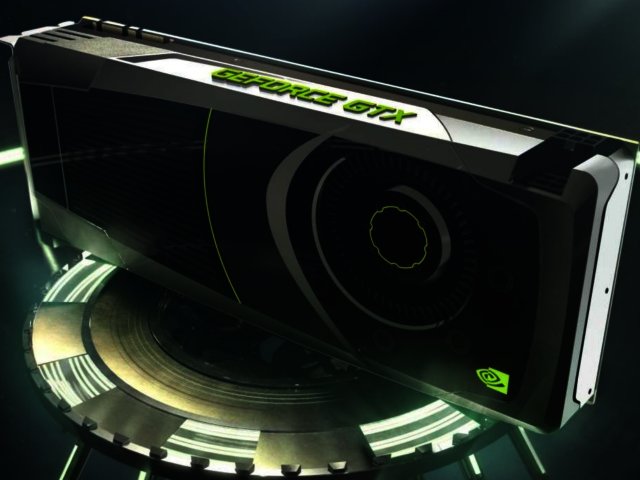Nvidia launches GeForce GTX 680 and GeForce 600M GPU series
By Hanleigh Daniels 26 March 2012 | Categories: news
Nvidia has launched the first GPUs based on its next-generation Kepler graphics architecture, which the company claims will deliver “dramatic gaming performance and exceptional levels of power efficiency.”
Kepler is based on 28-nanometer (nm) process technology and succeeds the 40-nm Nvidia Fermi architecture, employed in GPUs such as the GeForce GTX 560 and GeForce GTX 590.
The company asserted that its GeForce GTX 680 GPU will bring a faster, smoother and richer experience to desktop PCs, whilst the new line-up of GeForce 600M GPUs will be responsible for putting the “ultra in Ultrabooks”.
According to Nvidia, the GeForce GTX 680 GPU is more than 300% faster in DirectX 11 tessellation performance, when compared with the closest competitive product (AMD Radeon HD 7970). The company also contended that it is up to 43% quicker whilst playing some of the latest titles such as Elder Scrolls V: Skyrim, while consuming 28% less power.
Additionally, the GeForce GTX 680 GPU provides twice the performance per watt of the company’s GeForce GTX 580, which is the flagship Fermi-based graphics processor that it replaces.
Availability
Nvidia said that the GeForce GTX 680 GPU is available now from the world’s leading add-in card suppliers including ASUS, MSI, Palit, and Zotac. The US pricing starts at $499 (around R3845), but no local prices are available yet. The following manufacturers will be shipping Ultrabooks and notebooks based on the GeForce 600M series of GPUs: Acer, Asus, Dell, HP, Lenovo, LG, Samsung, Sony and Toshiba.
“The Kepler architecture stands as Nvidia’s greatest technical achievement to date,” said Brian Kelleher, senior vice president of GPU engineering at Nvidia. “It brings enormous performance and exceptional efficiency. Gamers will love the GTX 680’s performance, as well as the fact that it doesn’t require loud fans or exotic power supplies. Ultrabook users will love the GT 600M family for its performance and power efficiency.”
Most Read Articles

Have Your Say
What new tech or developments are you most anticipating this year?



